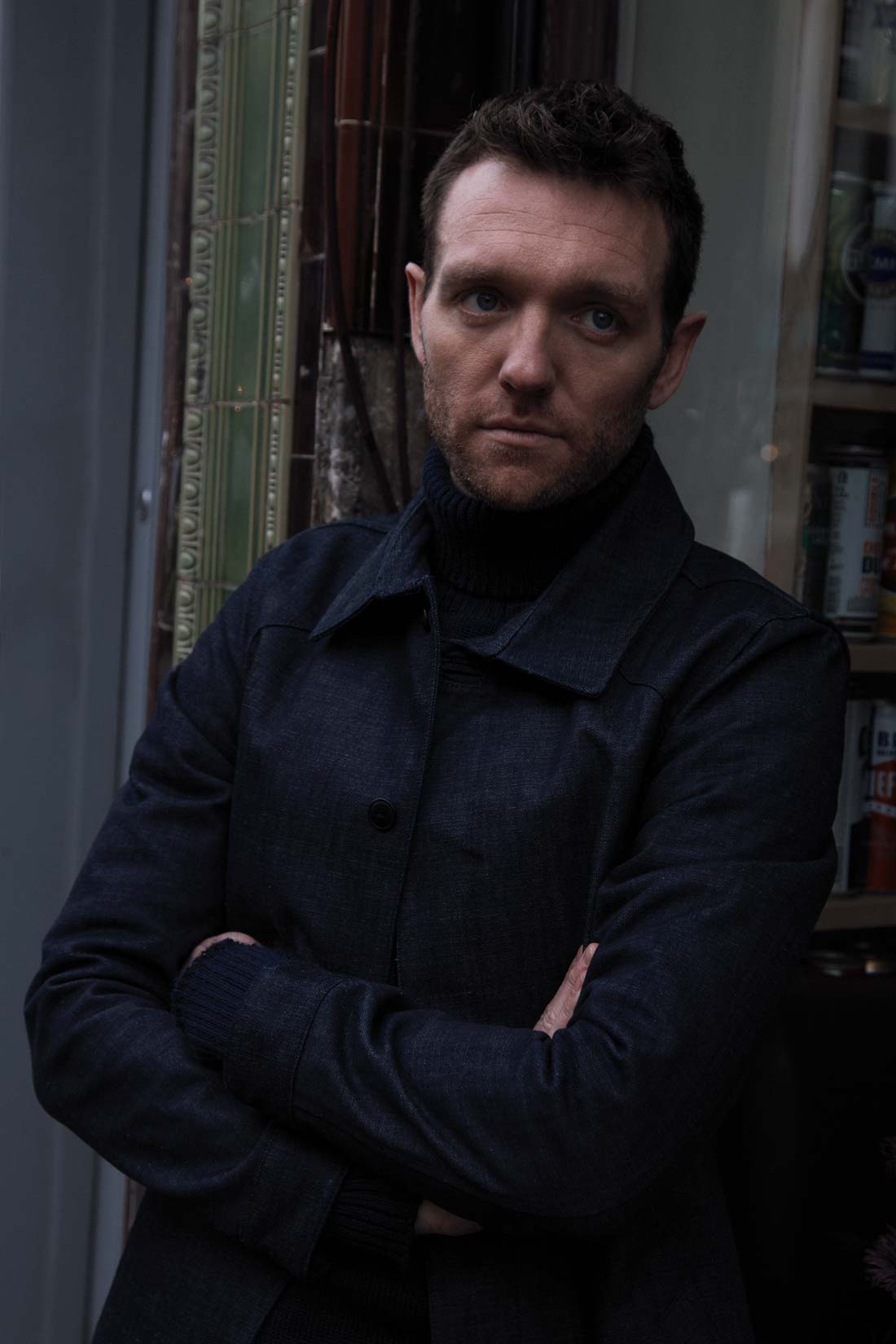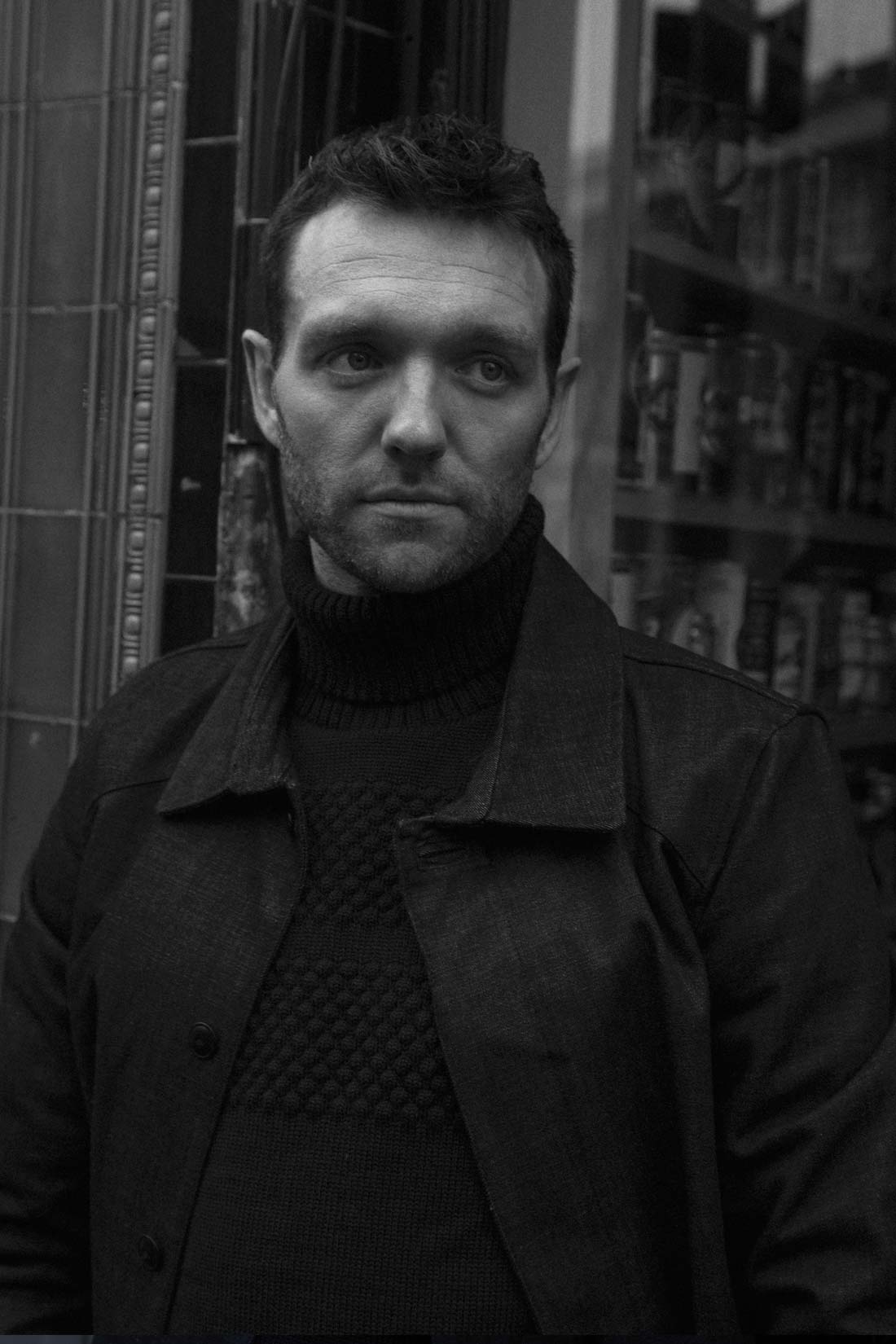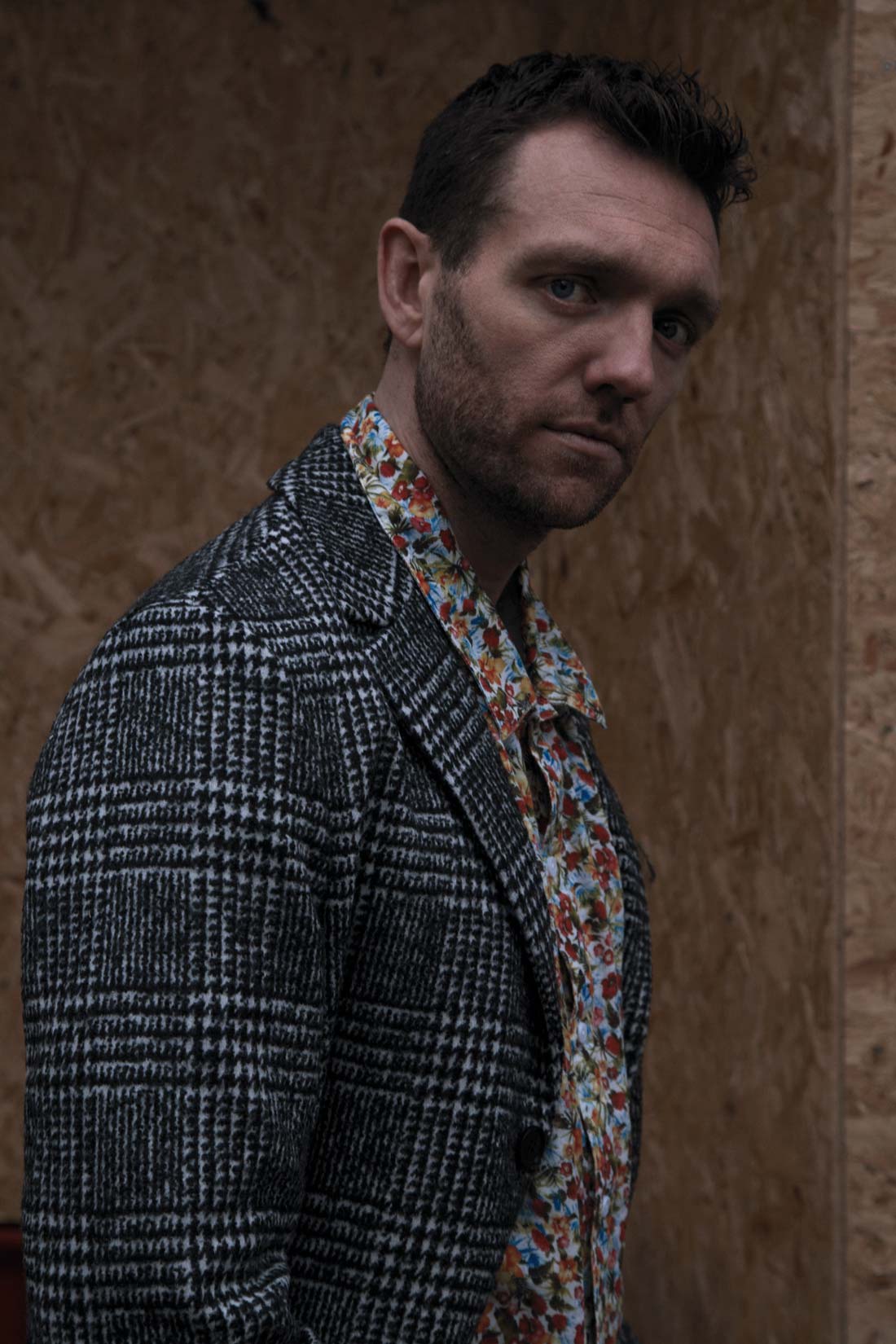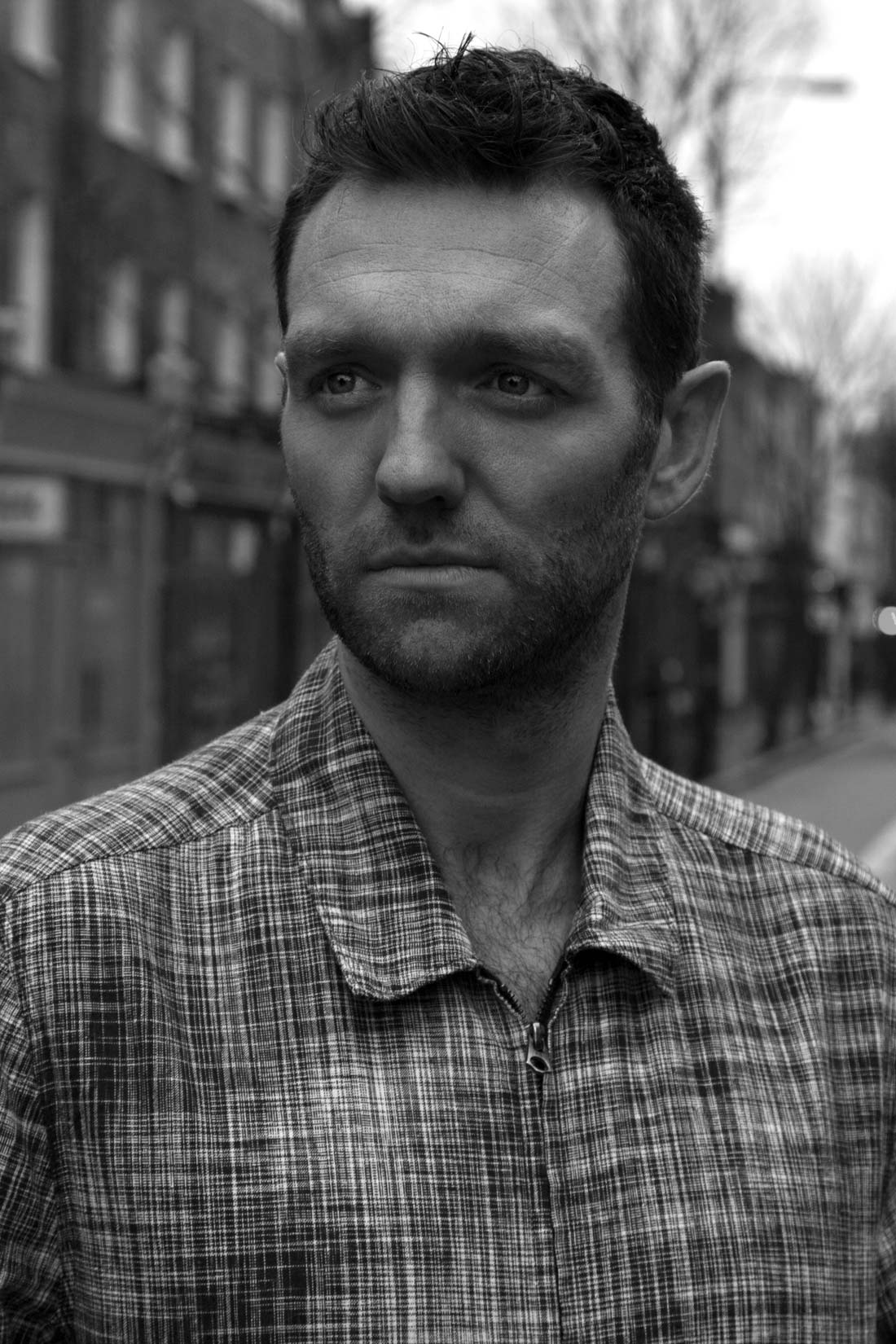You recently performed in The Lady From The Sea at the Donmar Warehouse, what drew you to that piece?
There were three main things that drew me to the project; firstly the play and the role-I love Ibsen, but had never worked on any of his plays, and the role of Arnholm was a much more gentle and sensitive character than I normally play, so I was excited by the challenge of playing so far off centre. Secondly, the Donmar has always been one of my favourite theatres and although I performed in their West End transfer of “Frost/Nixon”, I had never actually performed in the amazing Donmar space itself . Under Josie and Kate’s amazing leadership, it has remained as dynamic and exciting a building as it ever was, so I was very keen to work there while they were at the helm. And finally and perhaps most significantly, our director Kwame Kwei-Armah who is as amazing a man as he is brilliant a director-I hadn’t met him before the audition, but as soon as I did, I knew without a shadow of a doubt that working with him would be one of the happiest and most rewarding experiences of my working life so far-and it certainly was!
The Globe is an iconic venue known across the world! Did the reputation of The Globe affect how you portrayed you role as Brutus in Julius Caesar? Do venues affect the way a play comes together?
Certainly I would say the Globe as a venue affects the performance, but in an overwhelmigly positive way. So much has been written in the last couple of years about the space, about how best it can be used to serve an audience and the plays performed there. I had never worked there before and the week before we opened I went to see Eve Best being typically brilliant as Cleopatra. I loved the show, and from the yard, both the space and the play felt vast, epic and almost gladiatorial. What amazed me when I got onto the stage a week later was how intimate and supportive it feels. When it’s full, the space almost seems to contract and although there are some 1400 audience members, you feel incredibly connected to each one of them. Also, the shared natural light feels like a real leveller, so that the audience are very much part of the story. Everyone thinks of the great public speeches in Julius Caesar, which of course work brilliantly at the Globe, but Acts 2 and 4 of that play are basically a domestic portrait of a man having a massive crisis of confidence, becoming an insomniac and almost losing his mind. So the intimacy I described was perfect because you could share that downward spiral with the audience on a really subtle level, especially during the soliloquies, where you could essentially just chat to them and appeal for their help.
If you could perform in any venue, where would it be?
If I could only ever play one more theatre it would be the National Theatre’s Lyttleton. I did my very first job there while I was still at LAMDA (Mark Ravenhill’s “Mother Clap’s Mollyhouse”, directed by Nicholas Hytner) and it is probably my favourite space both as an actor and an audience member. It is so versatile, at once epic and intimate, and for me, it feels like home. But if it had to be a theatre I’ve never played it would either be the Swan at the RSC in Stratford, because it’s where I fell in love with theatre as a kid, or the Barbican, basically because I love everything about that building-it’s where I go to write (they have the most incredible library) and it always feels like the building has a pulse. The theatre space is as epic and robust as the building itself.
In front of the camera, you have an impressive back catalogue too! With the likes of Waterloo Road and Spooks. What has been the most challenging part of television work?
I think when I first started it was essentially not feeling like a fraud on set! Although I think it’s better now, in the past the training at most of the major drama schools in this country focused overwhelmingly on theatre, so when most of us graduated and found ourselves on set we were pretty thrown by the way it all worked; the volume of people, the process and ultimately, learning good camera technique. Essentially, whatever the medium, if you’re in the moment and listening to the other actor, it’s all the same, but inevitably there are things you can do on camera that you can’t on stage and vice versa so I think learning how to work in a more subtle and nuanced way on camera took time. Interestingly the ubiquitous culture of self-taping for auditions really helps that because you’re forced to spend a lot of time analysing your performance and working out what you’re good at and where your weaknesses lie, so that has actually been incredibly useful.
At this point in your career, would you tell your younger self to pursue acting still?
Absolutely. I’m still as fascinated and engaged by the job as I ever was, and it still seems a bit insane that I get paid to do what I love!
Kill Command, your latest film credit. What feelings do you experience between the end of production and the release?
It’s a really good question because I find that often by the time screen work gets released, many months and even years have usually passed. So personally I feel pretty disconnected to screen work once I finally get to see it. You’ve generally moved on to something else and your head is in a very different place. Which isn’t to say you don’t care about it or you’re not proud, but it is taking up significantly less head space than it was when you were in production. “Kill Command” is a possible exception because the insanely talented director, Steve Gomez, came from a visual effects background and had spent two years working on those effects in post-production. A huge part of the film is led by the robots, all of whom existed solely in Steve’s imagination when we were shooting-so it was amazing to see that film fully realised and the incredible work he had done on it. Similarly, if it’s a particularly lovely group of people you’ve been working with, watching the film can be a little like looking over some favourite holiday photos with friends. I had a fantastic experience working on an independent film in North Carolina a couple of years ago with an amazing team based out of New York. I was on stage in London when it premiered and when I eventually saw the film I was so gutted not to have been able to all watch it together because it was such a special experience.
There isn’t a British person around who doesn’t know Casualty – how did the opportunity arise to write for them?
I started writing as a hobby really; as an actor if you’re doing theatre you have your entire daytimes free or if you’re filming there is usually lots of downtime on set. So I started writing for my own amusement and as an alternative creative outlet. On a whim, I decided to enter the inaugural Triforce Writerslam competition and to my amazement won the BBC award which led to an in-house mentorship programme with the BBC. The following year I was shortlisted for the Screenwriting Goldmine Award and on the panel of that competition was the brilliant Oliver Kent, who invited me to write an episode of Casualty-I am incredibly grateful for his support as it was the first time anyone had put their money where their mouths were and paid me to write!
In terms of writing, do you have any future plans?
I’m delighted to say that my first original idea was optioned at the beginning of the year and is currently in development, which I am very excited about. I am also working on two other original projects for TV, as well as a play, so I’m fast learning the art of multi-tasking!
Interview by Ian Casey
Photography and styling by Andrea Vecchiato
Clothes: Mads Norgard – American Vintage – Superga



